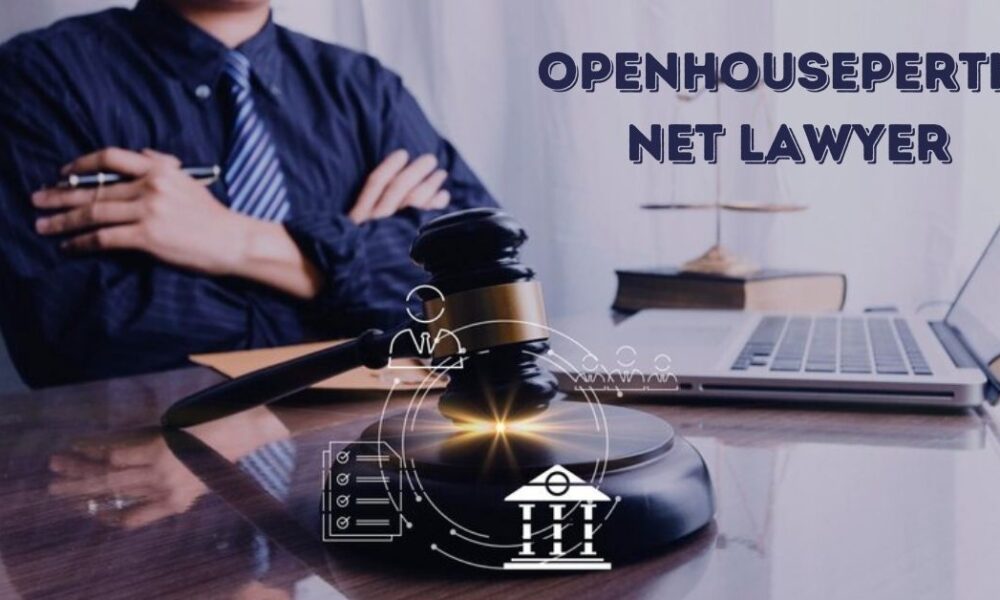The concept of a “People’s Law Enforcement Board” (PLEB) focuses on bridging the gap between the public and law enforcement agencies to improve transparency, accountability, and trust in law enforcement. As police forces play a crucial role in maintaining public safety, the idea behind the PLEB is to ensure that officers’ actions are in alignment with community expectations and lawful standards. Here’s an overview of the purpose, structure, and function of a PLEB, along with answers to some frequently asked questions.
What is the People’s Law Enforcement Board?
The People’s Law Enforcement Board, commonly abbreviated as PLEB, is typically an independent oversight body that evaluates complaints and grievances against law enforcement officers and agencies. This board is made up of community members and is intended to represent the interests of the public in reviewing police conduct. The PLEB exists in many countries under various names, often as a response to public demand for greater accountability in law enforcement practices.
The goal of the PLEB is to provide a fair, impartial, and transparent process to investigate incidents involving law enforcement officers. By doing so, it seeks to build trust between law enforcement agencies and the communities they serve.
Why is the People’s Law Enforcement Board Important?
The establishment of a PLEB addresses several key issues in modern policing:
- Transparency: A PLEB ensures that there is an independent review of police actions, which helps reduce the perception of bias when investigating complaints against officers.
- Accountability: By having an oversight body, law enforcement officers are held accountable to a neutral party, creating a stronger incentive for adherence to proper conduct.
- Trust Building: Trust between law enforcement and communities is essential for effective policing. A PLEB can help build this trust by making sure that public complaints are heard and taken seriously.
- Reducing Misconduct: With regular oversight, a PLEB can help identify patterns of misconduct, provide recommendations for policy changes, and deter future incidents.
Frequently Asked Questions (FAQs)
1. Who serves on the People’s Law Enforcement Board?
The PLEB is generally composed of community members, legal professionals, former police officers, and representatives from various civil rights organizations. The goal is to have a diverse group that reflects the community’s demographics and interests.
2. What types of complaints does the PLEB review?
The PLEB typically reviews complaints related to excessive force, wrongful arrest, racial profiling, abuse of authority, and misconduct. However, the exact scope of complaints handled by a PLEB can vary depending on the jurisdiction.
3. How does a PLEB investigation work?
When a complaint is filed, the PLEB initiates an independent investigation that includes gathering evidence, interviewing witnesses, and reviewing any relevant footage or records. After collecting and analyzing the information, the board issues a report with findings and, if necessary, recommendations for disciplinary actions or policy changes.
4. Are PLEB decisions binding?
In most cases, the decisions made by the PLEB are not legally binding but are highly influential. The board’s recommendations are sent to the police department or relevant authorities for review. While some departments are required to follow PLEB recommendations, others may consider them as guidance.
5. How does the PLEB ensure impartiality?
To ensure impartiality, PLEBs are structured to operate independently from law enforcement agencies. Members are often selected based on strict criteria to minimize conflicts of interest, and transparency in the investigative process helps to maintain objectivity.
6. What is the process for filing a complaint with the PLEB?
Most PLEBs have accessible, clear processes for filing complaints, often through online forms, phone lines, or in-person visits. Complainants need to provide as much detail as possible to assist in the investigation. Each complaint is logged, and the board will update the complainant on the status and outcome of the investigation.
7. What are the challenges faced by the People’s Law Enforcement Board?
The PLEB can face challenges such as limited authority, lack of resources, and resistance from law enforcement agencies. Additionally, some community members may not trust the PLEB, especially if they feel it is not adequately independent from the police department.
8. How does the PLEB benefit law enforcement agencies?
A PLEB can benefit law enforcement agencies by helping to clear officers of wrongful allegations, identifying areas for improvement, and providing insight into community concerns. Constructive feedback from the PLEB can guide departments toward better policies, training, and community relationships.
9. How effective is the People’s Law Enforcement Board?
The effectiveness of a PLEB largely depends on its structure, resources, and level of independence. In places where the board is well-supported and has the power to enact meaningful change, it has been effective in fostering transparency and accountability, which contributes to improved public trust in law enforcement.
10. How can communities support the PLEB?
Community support is crucial for the PLEB’s success. This includes participating in public hearings, staying informed, and actively supporting board members. Community members can also promote awareness about the board’s purpose and encourage others to engage in its activities.
Conclusion
The People’s Law Enforcement Board serves a crucial role in balancing public and law enforcement interests by ensuring that there is transparency and accountability in policing. Though it faces challenges, the board is an essential step in promoting ethical conduct within law enforcement agencies, reducing incidents of misconduct, and building trust between communities and the police. The PLEB is an important model for maintaining law enforcement standards while respecting the rights and voices of the public it serves.







